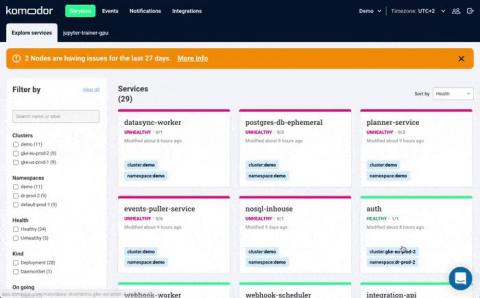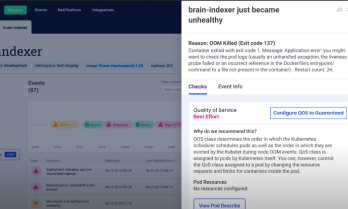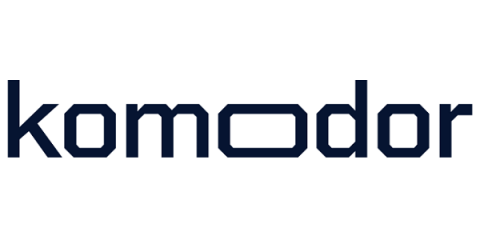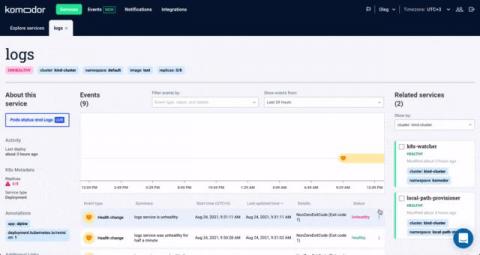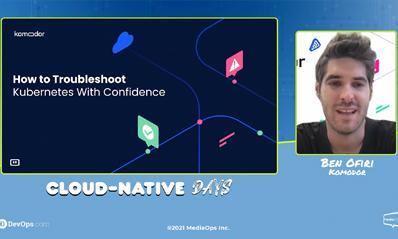Diving Under the Hood With Our New 'Node Status' Feature
More than anything else, Kubernetes troubleshooting relies on the ability to quickly contextualize the problem with what’s happening in the rest of the cluster. As complicated as this may sound, SPEED is really the name of the game. After all, more often than not, you will be conducting your investigation under the glow of fires burning bright in production. Getting relevant context quickly and seeing things holistically is exactly what Komodor was created for.


